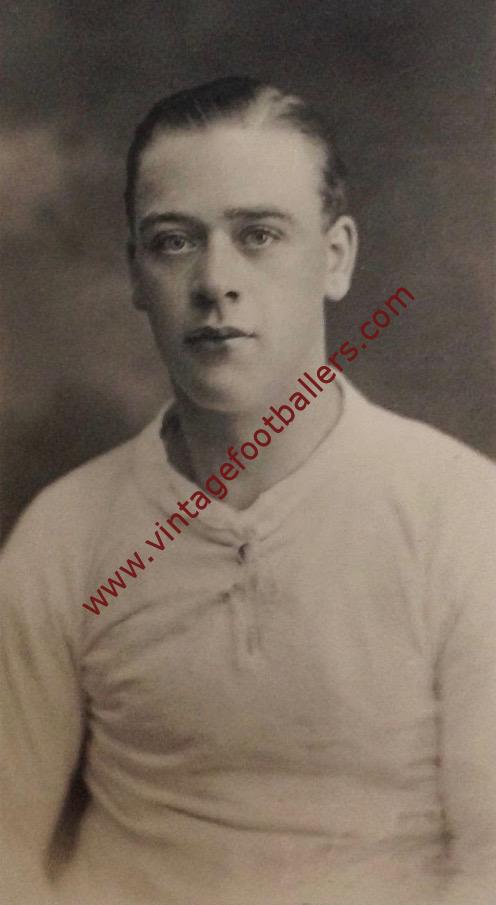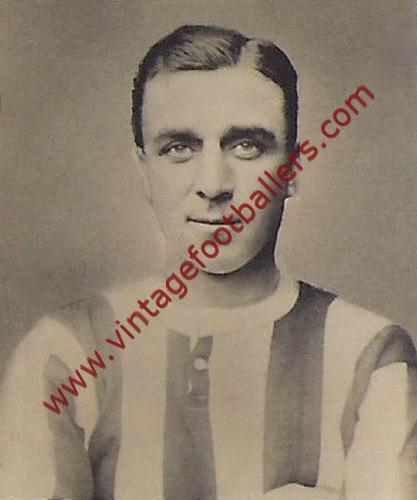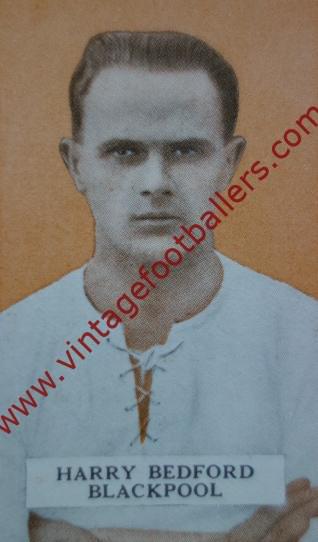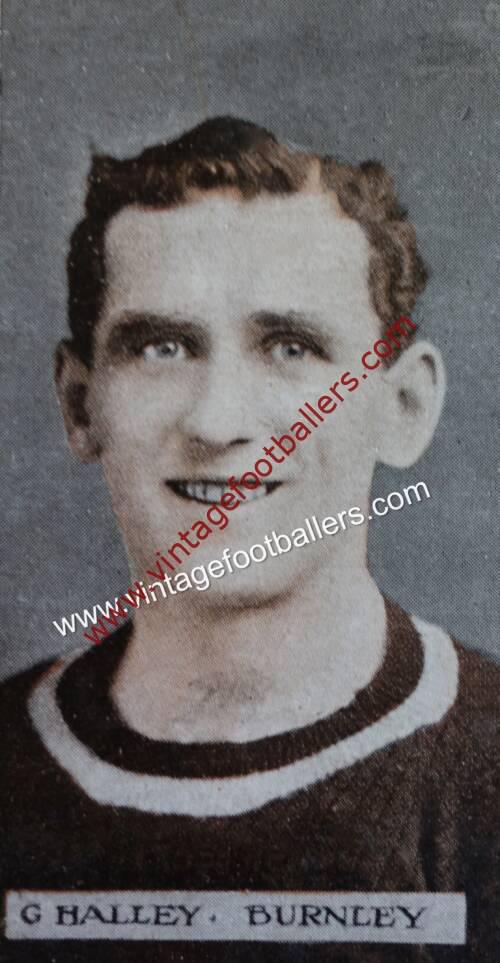Please choose your photo size from the drop down menu below.
If you wish your photo to be framed please select Yes.
Note: 16″x 20″not available in a frame.
Images can also be added to accessories. To order please follow these links
£8.95 – £49.95
Please choose your photo size from the drop down menu below.
If you wish your photo to be framed please select Yes.
Note: 16″x 20″not available in a frame.
Images can also be added to accessories. To order please follow these links
Fulham, London born centre forward Albert Henry “Jackie” Gibbons began his football career in the early/mid 1930’s with Isthmian League clubs Kingstonian, Uxbridge Town and Hayes from where he signed on amateur forms for Second Division club Tottenham Hotspur in July 1937, making his Football League debut at Sheffield Wednesday that September, scoring in a 3-0 victory. Gibbons scored 18 goals from 33 matches during the campaign, including 5 in Spurs’ FA Cup run which saw them reach the quarter finals where they lost to Sunderland, and he was only behind Johnny Morrison in Tottenham’s goalscoring list. This persuaded First Division club Brentford to sign him in August 1938, still on amateur forms, although his impact at Griffin Park wasn’t as marked, scoring once in a defeat to Manchester United in 11 matches for The Bees. He returned to Tottenham in the 1939 close season but hadn’t made another first team appearance before the Second World War’s outbreak in September 1939 forced the abandonment of peacetime football.
Gibbons was first capped by England Amateurs in an 8-2 thrashing of Wales at Belle Vue, Rhyl in January 1938 and scored a hat-trick in his fourth international, a 5-2 win over Scotland at Hampden Park in March that year. As well as scoring twice in an unofficial international in a win over Jersey in May 1938, and scoring for England in a trial match against The Rest at The Pilot Field, Hastings that December, Gibbons won 6 caps, scoring 6 goals, through to the final pre war international against Scotland at Champion Hill, Dulwich, in March 1939, in which he scored in an 8-3 victory. Gibbons was then selected for the Football Association’s tour of South Africa in the summer of 1939, playing in two of the three Test matches, in which hescored three goals. He then went on to play for England in a wartime international against Wales in 1942.
During the 1930’s and through the Second World War, Gibbons served in The Royal Air Force and was demobbed in 1946. Owing to his RAF service, he had obtained the nickname “Wings” amongst the Spurs support and during the War, he guested for Bradford Park Avenue, Brentford, Chelsea, Fulham and Reading. Described as “The possessor of a terrific shot in either foot, this grand player is a terror to opposing keepers as he is very fast”, Gibbons turned professional in 1945 and signed with Bradford Park Avenue to play the 1945-46 season in the wartime league and an expanded FA Cup, when he scored on his competitive debut in a win over Port Vale in January 1946. The Avenue advanced to the sixth round, with Gibbons scoring four goals in an 8-2 fourth round second leg win over Manchester City on 30th January 1946, with a total of 8 goals in their 8 FA Cup matches.
Avenue were admitted to the Second Division for the 1946-47 season, the first peacetime season after the War and he was a League ever present, making 42 appearances and scoring 21 goals, top scoring during the campaign and scoring 4 goals in a 5-1 win over Coventry City in March 1947. In August 1947, Gibbons returned to Brentford, newly relegated to the Second Division, for a club record £8,000 fee. He was the club’s top scorer during the 1947-48 season, missing only one match and scoring 14 times. Across his two spells with Brentford, Gibbons made a total of 71 appearances and scored 19 goals before retiring in February 1949, when Gibbons became Brentford’s manager, taking over from Harry Curtis, the most successful manager in the club’s history.
Gibbons had been groomed to succeed Curtis at the helm. In March 1949, Gibbons brought former Bradford Park Avenue teammate and future England manager Ron Greenwood to the club he supported as a boy and later named him captain. In February 1951, Gibbons brought football analyst Charles Reep to Griffin Park on a part-time basis until the end of the 1950-51 season. Reep helped improve the team’s goals-to-games ratio, which saved them from relegation. Gibbons managed Brentford until the end of the 1951-52 season, returning three consecutive top 10 finishes in the Second Division, but he found himself at odds with the club’s board during a difficult time financially for The Bees. A falling out with star wing halves Jimmy Hill and Ron Greenwood towards the end of 1951 saw their form tail off, with the club finishing the 1951-52 season in 10th place, after challenging for promotion in mid-season. Gibbons resigned in August 1952 and was replaced by his assistant, Jimmy Bain.
Gibbons took over as manager of Belgian club Daring Club Bruxelles in 1953 and won the 1954-55 Second Division Championship with the club, leaving the club in 1956. Gibbons then took charge of the Israel national football team in 1956. His tenure began with a 7-1 aggregate defeat over two legs to The Soviet Union in qualifying for the 1956 Summer Olympics. In September 1956, Gibbons presided over Israel’s campaign in the inaugural AFC Asian Cup, defeating Hong Kong and South Vietnam on the way to finishing as runners-up to South Korea. After leaving the job, Gibbons stayed on in Israel to manage Liga Leumit club Hapoel Petah Tikva and guided the club to a runners-up finish in the 1956-57 season. After a spell coaching in Australia, he returned to Israel to manage Hapoel Jerusalem between 1961 and 1963.
Gibbons then moved to South Africa in 1963 to manage local clubs Rangers and Transvaal. He accepted his final managerial position in 1966, when he was named as manager of Kenya. He stayed in the job until October 1967, when he was replaced by his assistant, Elijah Lidonde.
| Weight | N/A |
|---|



